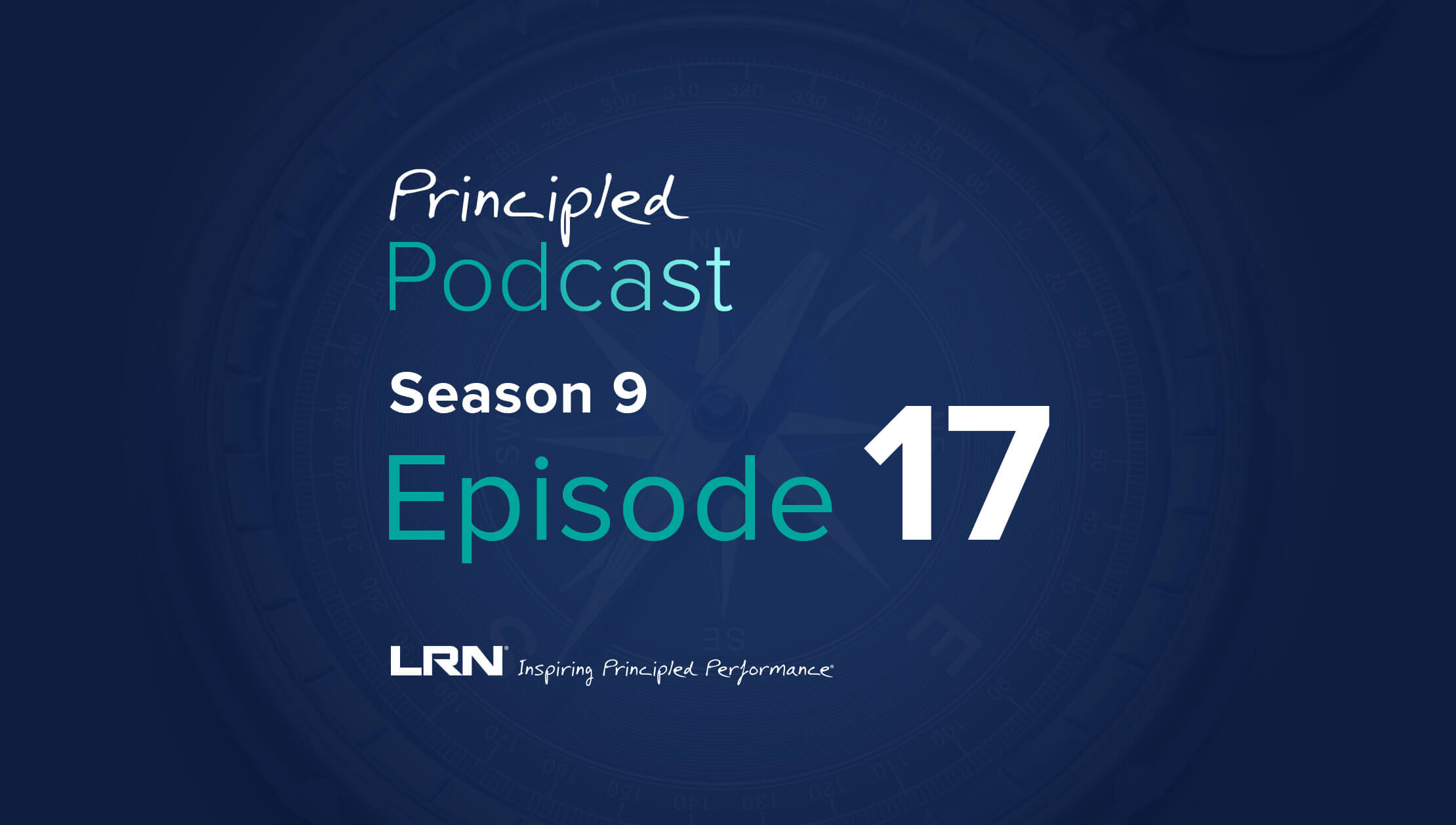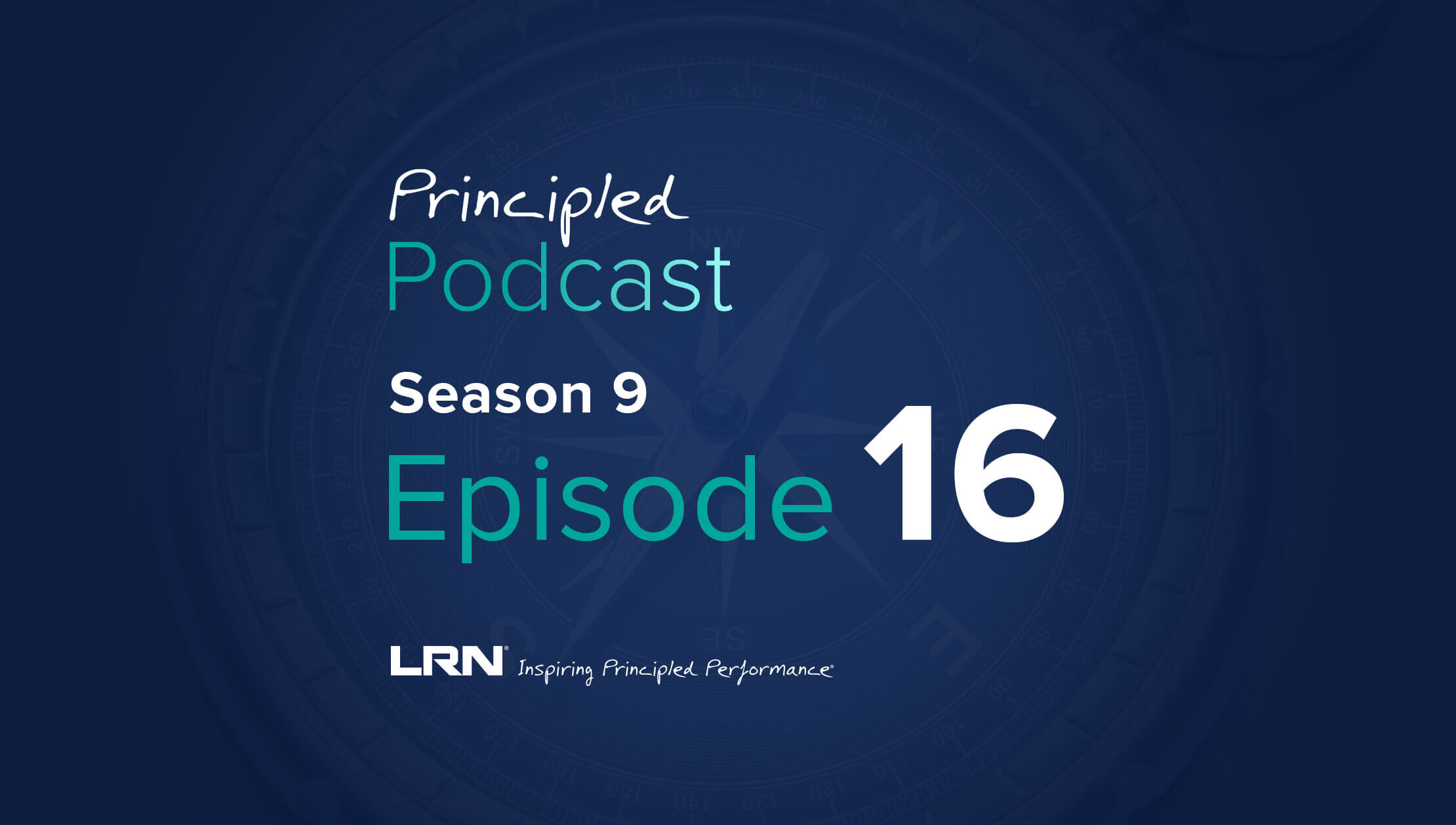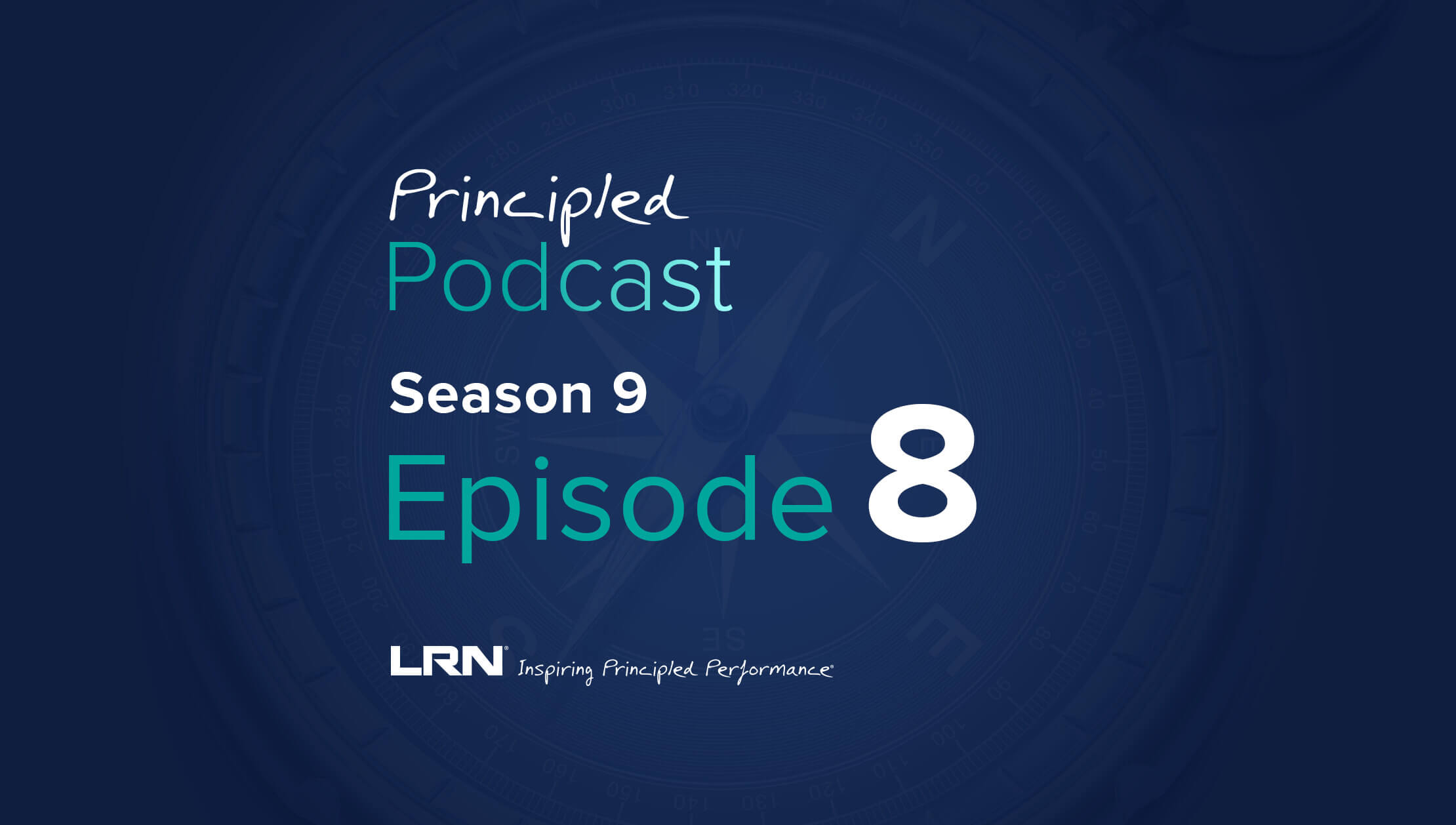Over the course of my career, I’ve had the unique opportunity and privilege to hold several leadership roles: chief executive, board member, and chief ethics and compliance officer. This experience shapes the perspective through which I look at, and act in, this profoundly uncertain and difficult time. I hope some of the thoughts I share here will help business leaders as they move forward, ethically and with integrity, to shape their own strategy and make decisions.
The coronavirus pandemic is confronting us with so many different unknowns, and presenting no straightforward answers. We’re basically left with a continuum of unhappy trade-offs. Everything in this crisis has a context. Some businesses are in free fall; others are thriving. But recognize: the airline and hospitality industries certainly didn’t ask for this, nor could it have been anticipated. Amazon, Zoom and Walmart would never have wished for a boom in business sparked by a worldwide crisis.
If you’re looking at two companies in the same industry, the one that manages the crisis better is much more likely to have a strong sense of purpose that aligns its people, as well as a set of core sustainable values that can be used as a basis for decisions and actions, especially when confronted by unanticipated and unprecedented situations.
Let’s take a look at three leadership positions in terms of what people in those roles are probably feeling now, and how they might focus their thinking.
CEO. Prior to the crisis, I was CEO of Acqua Recovery, an addiction treatment business. When, in late January, I took the top leadership role here at LRN, I never took off my hat that says “human being”–and that has been critical throughout the COVID-19 period. My primary concern has to be for the people in the company and their families and loved ones. From there, I look from the CEO’s point of view to see how I can translate that into priorities, actions and messages.
The word “existential” is overused, but I think it applies to what’s happening today. An existential threat is, by definition, a very deep and basic threat. So, what are the deep and basic underpinnings of an organization that can be mobilized to stand up to such a threat? Does it understand its basic purpose in the world and the values it stands for? Can it mobilize that purpose and those values to inspire all stakeholders and galvanize the right kind of action?
When I consider the role of CEO, the best metaphor I have in this scenario is a parental one. Our employees are like family, and so I feel a duty to try to protect, help and inspire. Nothing good happens at a company if the people are in a bad place–when they can’t take care of their families or allow themselves to focus the way they want to on their work. The days of feeling all-powerful as a CEO are gone. We are dependent on the teams that surround us, all the way out to the grassroots of the company.
An effective CEO knows the right questions to ask themselves and their colleagues, such as, what do my people need to hear from leadership to feel supported and secure? What do we, as a company, need to do make those messages come alive? What about our strategy needs to be modified? Can we execute these changes quickly and effectively?
Not unlike a good parent, it takes setting a strong foundation from which the children--your people--can grow and thrive.
Board member. As a director of a large, NYSE-traded company, I try to always keep front-and-center the fact that boards are comprised of people, as are the companies themselves. My first thoughts, during this crisis, as chair of International Seaways Inc.’s corporate governance and risk assessment committee are how’s our CEO holding up? How’s the rest of the senior team? How are our crews on 50 huge oil tankers on the seas around the world? Are our tankers facing the same peril as the cruise ships we’ve seen in the news?
As a director, I think about how I can support our CEO and leadership team. I ask, what are the changes to our context and environment that have been unleashed by this virus? Have we ever planned for anything like this? What’s the team drawing on in terms of scenario planning and crisis management?
An especially challenging dimension of being a director is evaluating risk. Scenario planning and risk management will be forever changed by this crisis–and the full process of board governance is likely to be changed. It’s a fact of life that sometimes the risk you most have to confront is the one for which you’re least prepared.
That said, boards are in a much better condition to handle these immense challenges when they have great communication, trust, a culture of openness and a willingness to challenge conventional wisdom. The rub is you can’t build those characteristics in the middle of a major crisis, it’s too late by then.
CECO. When I put my CECO hat on, I think of it as a coach’s hat. The first questions that come to mind are, how do I organize to help the company do the right thing? What plays can I run to influence behavior in the right direction?
During this crisis, more than ever, CECOs need to keep one eye on risk and one eye on culture. So, what risks come from having everyone working remotely? What resources can help mitigate those risks? An advantage here is many ethics and compliance resources are online and easily accessed from home. CECOs have a wealth of tools at their command that they should be taking full advantage of right now: online training, digital codes of conduct, digital communications, to name a few.
On the other hand, working from home strains corporate culture. Colleagues can’t see each other in the halls to work out the issues that come from dealing with a very real and very scary problem. Managers have less control when people are at home, especially with complicated lines of communication. Not to mention other threats, like cybersecurity and data privacy.
There is an opportunity now for CECOs to take what they’ve learned about their culture to pinpoint potential trouble spots that were revealed through culture assessments, missed questions on online training, recent help line reports and the like. This allows CECOs to mobilize resources that are available right at employees’ fingertips, at home, on topics like respectful communications; cybersecurity; discrimination and harassment; supply chain security; and third-party compliance.
A strong ethical framework gives an organization a sense of what's the right thing to do and a methodology for making decisions. It helps its people navigate uncertainty and grayness,
which is something much needed right now.



